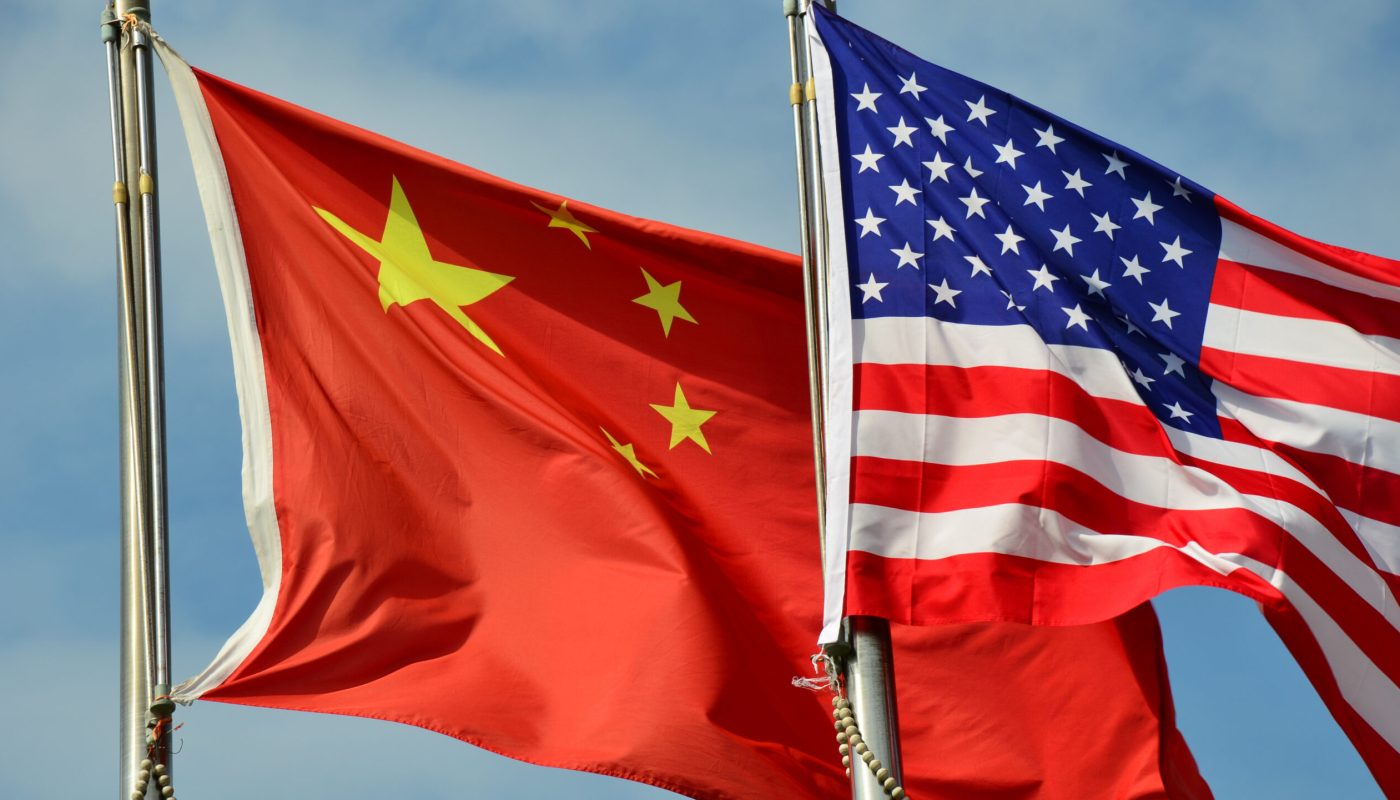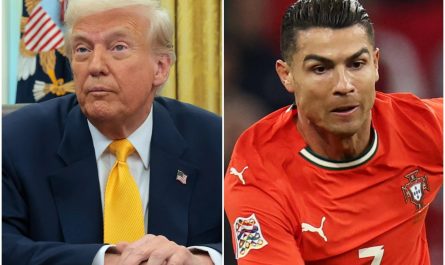Trade War Flares Up Again
Trade tensions between the United States and China have flared once again. Both nations have imposed new tariffs and export restrictions, mainly targeting rare earth metals that are vital for technology and defense industries.
As a result, global markets have become unstable, while investors fear a broader economic conflict. Moreover, economists warn this could become the most serious trade confrontation since 2019.
China Tightens Rare Earth Export Controls
In October 2025, China, which dominates over 70% of global rare earth production, announced tougher export controls on rare earth elements, magnets, and related technologies.
Under the new rules, exporters must obtain licenses and provide detailed end-use documents. Consequently, even foreign goods that contain trace Chinese materials are now restricted.
Beijing, however, insists that these measures protect national security. Yet experts believe it is a strategic response to U.S. sanctions on advanced technology.
Furthermore, five additional elements — holmium, erbium, thulium, europium, and ytterbium — have been added to the restricted list. Therefore, industries such as electric vehicles, semiconductors, and defense are already facing new obstacles.
Washington Strikes Back
In retaliation, the United States has threatened to impose up to 100% tariffs on Chinese imports starting November 1. This move aims to pressure Beijing to ease export restrictions and restore market balance.
At the same time, Washington is preparing fresh export bans on software, semiconductor design tools, and AI technologies shipped to China.
President Donald Trump declared that the U.S. “will not allow manipulation of strategic resources.” He also described China’s actions as “an attack on the global economy.”
Consequently, Wall Street reacted sharply. Major stock indexes experienced their worst one-day drop since April 2025, and many investors turned toward safe-haven assets such as gold and bonds.
Why Rare Earths Matter
Rare earth elements play a crucial role in modern technology — from smartphones and wind turbines to electric vehicles and fighter jets.
Because China controls the majority of refining and processing, even minor restrictions can disrupt global production and increase costs across multiple industries.
As a result, these materials are now seen as a strategic resource comparable to oil and semiconductors. Therefore, nations that dominate this sector gain significant geopolitical leverage.
Decoupling and the Search for Alternatives
In response, the U.S., Australia, Japan, and the European Union are accelerating investments in new mining and recycling projects. The shared goal is to reduce dependence on China and protect supply chains.
In addition, Washington plans to halve its reliance on Chinese rare earths by 2030, developing new extraction sites and processing facilities in allied countries.
Meanwhile, China is working to strengthen its control over global production. It is increasingly using rare earth exports as a diplomatic tool in negotiations with the West.
Ultimately, experts warn that this growing technological dependence could evolve into a long-term geopolitical weapon.
Markets React as Tensions Grow
Global markets remain volatile, and stocks continue to slide as investors look for stability.
As a result, many have shifted capital into bonds and commodities, hoping to avoid potential losses.
Economists caution that a prolonged trade war could slow global growth, raise inflation, and increase production costs worldwide.
However, some analysts argue that this escalation is mostly tactical. They believe both sides are testing limits before a possible Trump–Xi meeting, leaving room for future negotiations.
Nevertheless, the uncertainty continues to pressure markets and weaken business confidence.
The Road Ahead
If neither side compromises, the world may enter a new era of resource nationalism. Control over critical minerals and advanced technologies will likely define global leadership in the next industrial age.
Ultimately, this conflict is no longer about tariffs or trade deficits. Instead, it is about power, technology, and the future balance of global influence.



